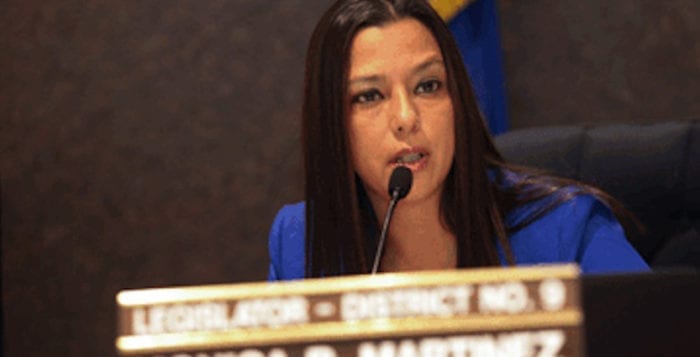By Nancy Marr
The New York State political year will end in June, when the legislative sessions are over. We have only a short time to influence our legislators about issues we care about. We can contact them by phone or letter or email or twitter. Always include the bill number. If the Senator or Assemblyman has supported or co-sponsored the bill you are referring to, thank them and ask them to advocate with leadership to bring the bill to the floor for a vote, and then get it passed. If they did not support It, tell them in your own words why you think it should be supported.
Twitter is the most effective social media for influencing your legislators. A sample tweet might be @SENATOR bring #SinglePayerHealthCare to the floor for a vote! Vote YES to #New York Health Act!. Even better would be to send your letters or tweets from a group of your friends or colleagues.
Many bills have been submitted that could be passed by the legislature and signed by the governor. Those that follow are supported by the League of Women Voters of New York State.
Three bills of special interest would continue the modernization of voting that began in the last two years.
S253 (Myrie)/A1144 (Paulin): Safeguard ballots from technical disqualification where the express intent of a voter is clear. This legislation will safeguard the constitutional right of absentee voters to have their votes counted when there are stray marks or writing on an absentee ballot, as long as the express intent of the voter is unambiguous. This legislation passed in the Senate in Jan. 2021 and is pending in the Assembly Election Law Committee.
S909 (Sanders)/A1044 (Dinowitz): Provide postage paid return envelopes with all domestic mail ballots so that no one is personally burdened in casting their vote. This legislation is in the Election Law Committee in both the Senate and Assembly.
S1046 (Myrie)/A6678(Walker) (The John R. Lewis Voting Rights Act of NYS): Prevent and redress acts of voter suppression, disenfranchisement and require certain localities to clear local changes to voter access. This legislation is pending in the Election Law Committees in both the Senate and Assembly.
Public Ethics is the subject of a bill to reform the Joint Commission on Public Ethics (JCOPE):
A6611(Hyndman)/S5254(Biaggi): Remove the political party veto that requires that officials cannot be found guilty of ethical violations without the votes of two members of his or her party. Established in 2011 to ensure compliance with the State’s ethics and lobbying laws, it has been found to lack independence from the Executive and the Legislature.
Two important health care bills have been introduced:
S6471(Savino)/A4321(Paulin): Allow a terminally ill, mentally capable adult to request life-ending medication from a doctor that the person can self-administer at a time of his or her choosing. Written after studying similar laws in Oregon, Washington, and California among 9 other states that already allow it.
A6058(Gottfried)/S5474(Rivera): Establishes a comprehensive system of access to health insurance for all New York residents, provides for administrative structure of the plan, provides for powers and duties of the board of trustees and five regional councils, establishes the scope of benefits, payment methodologies and care coordination. Establishes the New York Health Trust Fund which would hold monies from a payroll tax like the Medicare tax, establish a temporary commission on implementation of the plan and provide for collective negotiations by health care providers with New York Health.
Under the proposed legislation, there would be no network restrictions, deductibles, or co-pays. Coverage would be publicly funded and would include outpatient and inpatient medical care, long-term care, primary and preventive care, prescription drugs, laboratory tests, rehabilitative, dental, vision and hearing care. Although this bill has many co-sponsors it is not likely that it will be passed during this session. It is currently in committee in both the Assembly and the Senate.
These are some of the more important bills that the League is endorsing. For more information about any of the bills, find them at https://www.nysenate.gov or https://nyassembly.gov/. Via these websites you can contact your own New York State legislator, and the legislator who sponsored the bill, to support them.
Nancy Marr is first vice-president of the League of Women Voters of Suffolk County, a nonprofit, nonpartisan organization that encourages the informed and active participation of citizens in government and influences public policy through education and advocacy. For more information, visit https://my.lwv.org/new-york/suffolk-county or call 631-862-6860.







